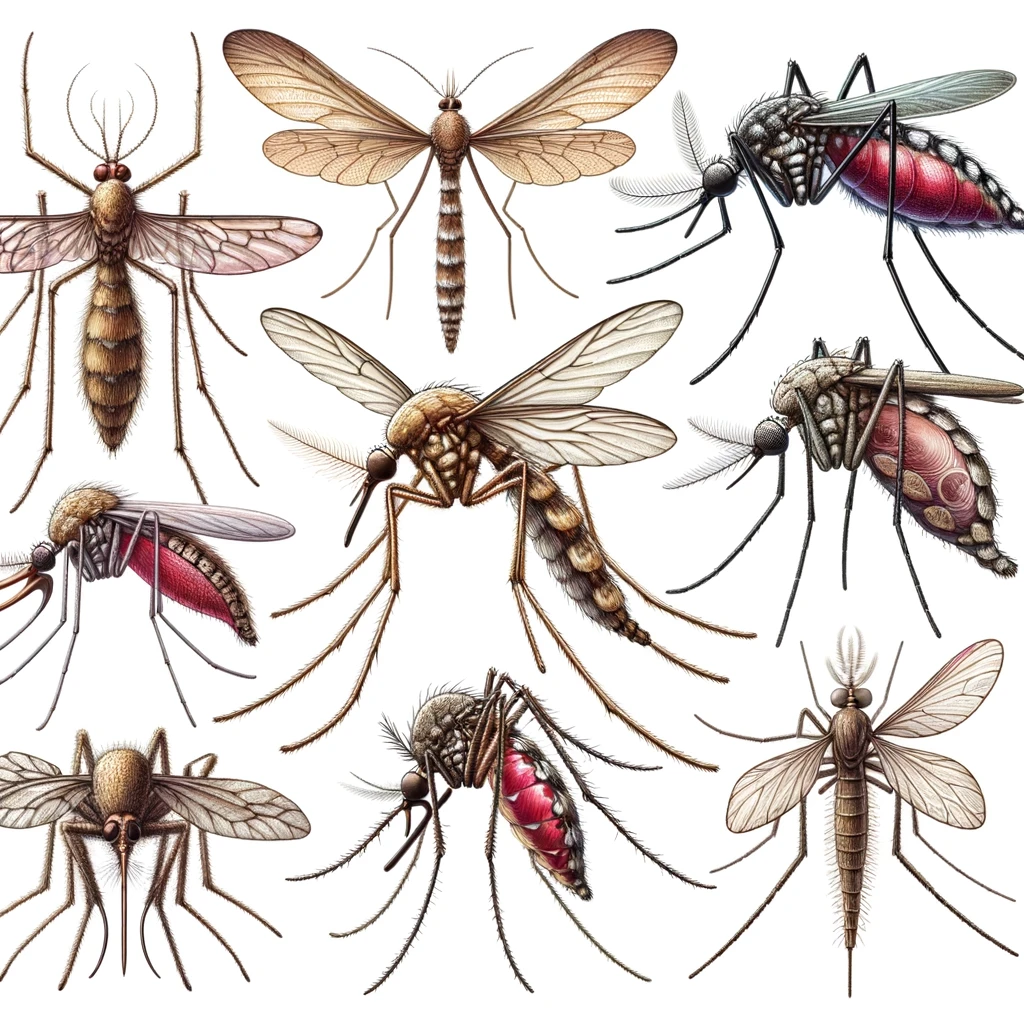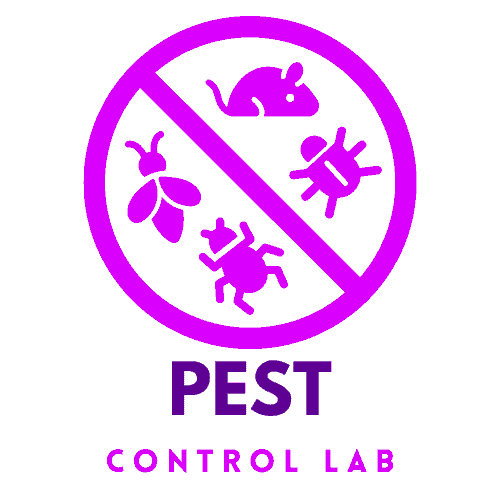The Ultimate Guide to Mosquito Management and Safety
Have you ever swatted away a buzzing menace on a warm summer evening or scratched at a bite that won’t quit? Mosquitoes are more than just a nuisance; they’re a serious health risk worldwide. In this ultimate guide to mosquito management and safety, we’ll dive into practical strategies for keeping these pests at bay, ensuring your residential or commercial property remains a haven, free from the threat of disease transmission. From understanding mosquito behavior to employing practical elimination tactics, prepare to arm yourself with the knowledge and tools needed for a mosquito-free environment.

Understanding Mosquitoes and Their Risks
Those tiny flyers, are not just irritating; they’re also carriers of some of the most deadly diseases known to humanity. With over 3,500 species, these insects can transmit viruses such as Zika, West Nile, Chikungunya, and dengue fever, not to mention malaria, which alone causes over 400,000 deaths annually, according to the World Health Organization. The key to controlling these vectors lies in understanding their lifecycle—from egg, larva, pupa, to adult—and their preference for standing water to breed. Recognizing the specific species prevalent in your area and their active times can significantly enhance your mosquito management strategies. Remember, it’s not just about avoiding bites; it’s about preventing the spread of disease.
Strategies for Reducing Mosquito Populations
Reducing their populations starts with a proactive approach. Let’s explore how you can make your environment less inviting for these pests.

Eliminating Breeding Sites
Mosquitoes need as little as one inch of standing water to lay their eggs. Regularly inspect your property for potential breeding sites: empty containers, clogged gutters, unused flowerpots, and even pet water bowls can become mosquito nurseries. Change birdbath water at least once a week and drill holes in tire swings and trash bins to prevent water accumulation. Managing landscaping to ensure proper drainage can also deter water from pooling. By disrupting their breeding cycle, you significantly reduce the future mosquito population.
Natural Predators and Biological Controls
Nature offers its pest control solutions. Introducing or encouraging mosquito predators in your area, such as bats, birds, dragonflies, and fish like mosquitofish (Gambusia affinis) in ponds, can help keep mosquito populations in check. Biological control methods, such as Bacillus thuringiensis israelensis (Bti), a bacteria toxic to mosquito larvae but harmless to other wildlife, can be applied to water bodies where chemical use is undesirable. These eco-friendly strategies can effectively reduce mosquito numbers without harming the environment.
Chemical Controls: When and How to Use Them Safely
Chemical insecticides can effectively control mosquitoes but should be used judiciously to minimize environmental impact and avoid harming beneficial insects. When choosing insecticides, choose those specifically designed for mosquito control, and follow label instructions carefully. For areas with dense mosquito populations, consider timed-release outdoor foggers or mosquito coils, ensuring they are placed away from people and pets. Personal repellents containing DEET, picaridin, or oil of lemon eucalyptus can provide individual protection without widespread chemical application.
Personal Protection Measures
Defending yourself against mosquitoes doesn’t just stop at eliminating breeding sites; personal protection is equally crucial. Let’s delve into effective repellents and clothing strategies.
Effective Mosquito Repellents
When it comes to repellents, not all are created equal. Products containing DEET, picaridin, IR3535, or oil of lemon eucalyptus have been proven to be the most effective against mosquitoes. When applying repellent, cover all exposed skin and treat your clothing for an extra layer of protection. Remember, higher concentrations of active ingredients don’t increase efficacy but rather the duration of protection. For those seeking natural alternatives, citronella, peppermint, and lemongrass oils can offer some relief, though they may need more frequent application. Always follow the product’s instructions to ensure safety, especially when applying on children.
Protective Clothing and Barriers
In mosquito-prone areas, your clothing can serve as your first line of defense. Wearing long sleeves, pants, and socks can physically block mosquitoes from biting. Treat clothing with permethrin, a repellent that can be applied to fabrics, for added protection. Additionally, make use of physical barriers such as bed nets, especially if you’re in areas with high disease transmission rates. Installing screens on windows and doors can keep them outside, allowing you to enjoy cooler evenings without unwelcome guests. The combination of repellents, appropriate clothing, and physical barriers provides a strong defense against mosquito bites and the diseases they carry.
Professional Mosquito Management Solutions
Despite our best efforts, professional intervention is sometimes necessary to manage mosquito populations effectively.

When to Consider Professional Help
If you’ve implemented the above strategies and still face a significant mosquito problem, it might be time to call the experts. Professional pest control services can assess your property to identify breeding grounds you might have missed and provide targeted treatments. Consider professional help if you’re planning an outdoor event, live in an area with a high risk of mosquito-borne diseases, or notice an unusual increase in mosquito activity. Pest control professionals can offer solutions not readily available to the general public, including larvicides for water treatment and advanced fogging techniques.
Choosing a Mosquito Management Service
Selecting an exemplary mosquito management service requires careful consideration. Look for companies with experience in mosquito control, valid licenses, and positive customer reviews. Ask about their methods and products, ensuring they’re safe for your family and the environment. A reputable service should offer a thorough inspection of your property, a clear action plan, and follow-up services to ensure the effectiveness of their treatment. Transparency about costs and guarantees for their services is also crucial. Remember, the goal is not just to reduce mosquito populations but to do so in a safe and sustainable way for your community.
Community-Wide Mosquito Control Efforts
Effective mosquito control often requires a community-wide effort. Let’s explore how collective actions can make a significant impact.

Importance of Community Involvement
Mosquito management is most effective when an entire community participates. Organizing clean-up days to remove trash and debris that can collect water, educating neighbors about the importance of draining standing water, and promoting mosquito repellents are all ways communities can unite against these pests. Local governments and community groups can also sponsor the installation of mosquito traps or the release of biological control agents like mosquitofish in communal water bodies. When communities come together, they can create environments less conducive to mosquito breeding, reducing the risk of disease for everyone.
Successful Community Mosquito Control Programs
Examples of successful community mosquito control programs highlight the power of collective action. In some areas, public health departments have launched apps allowing residents to report standing water or mosquito infestations, enabling quick response from mosquito control teams. Educational programs in schools and community centers can raise awareness about personal protection and the importance of community hygiene. Additionally, some communities have seen success with introducing genetically modified mosquitoes designed to reduce populations without harmful chemicals. These case studies demonstrate that effective mosquito control is achievable with innovation and community participation.
Conclusion
In the battle against mosquitoes, knowledge is power. By understanding the risks, employing strategic prevention methods, and engaging in personal and community-wide protective measures, we can significantly reduce the mosquito population and the diseases they carry. Whether through natural processes, chemical interventions, or professional services, effective mosquito management is a multifaceted approach requiring individual and community participation. Let’s not give mosquitoes a biting chance—adopt these strategies and enjoy a safer, more comfortable environment.
Key Takeaways:
- Understanding Is Crucial: Recognize the types of mosquitoes and the diseases they can transmit to combat them effectively.
- Eliminate Breeding Sites: Regular inspection and removal of standing water drastically reduce mosquito populations.
- Natural and Chemical Controls: Employ a mix of natural predators, biological controls, and safe chemical applications for comprehensive management.
- Personal Protection Is Key: Use effective repellents, wear protective clothing, and install physical barriers to prevent bites.
- Professional Services Can Help: For persistent problems, professional mosquito management services offer targeted, effective solutions.
- Community Efforts Amplify Impact: Community-wide actions, including clean-ups and educational programs, significantly enhance mosquito control efforts.
FAQs:
Q1: How often should I check my property for standing water to prevent mosquito breeding? A1: Weekly inspections are recommended to eliminate potential breeding sites, especially after rainfall.
Q2: Are natural mosquito repellents as effective as those containing DEET or picaridin? A2: Natural repellents may offer some protection but typically need more frequent application. DEET and picaridin provide longer-lasting protection.
Q3: Can mosquitoes breed in indoor plants? A3: Yes, mosquitoes can breed in the water that collects in the saucers of indoor plants. It’s important to empty these or use self-watering planters regularly.
Q4: Is it safe to use mosquito repellents on children? A4: Yes, but always choose a repellent suitable for children and follow the application instructions carefully. Products containing DEET, for instance, are safe for children older than two months when used as directed.
Q5: How effective are community mosquito control programs? A5: Very effective when participation is high. They reduce mosquito populations and raise awareness about prevention methods, leading to sustained control efforts.

